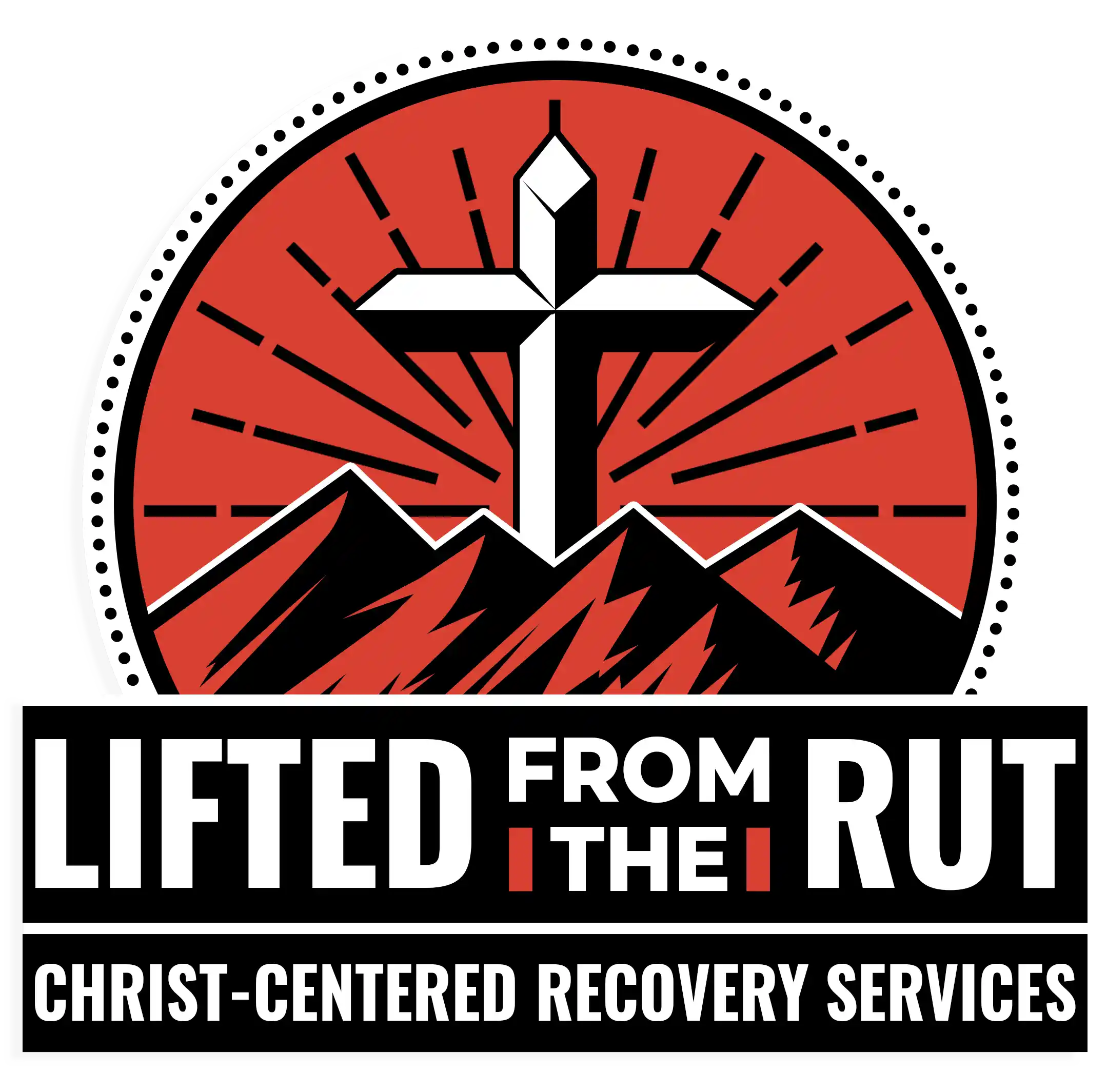Addiction recovery coaching plays a vital role in supporting individuals on their journey toward lasting sobriety. Unlike traditional therapy, recovery coaching focuses on practical guidance, motivation, and accountability to help clients maintain long-term recovery. With substance abuse rates rising, the demand for qualified coaches is growing rapidly.
This article will provide a simple guide on how to become an addiction recovery coach, outlining the skills, education, certification, and professional considerations you need to start a rewarding career in this field.
Understanding the Role of an Addiction Recovery Coach
An addiction recovery coach works closely with clients to support their recovery from substance use disorders. Unlike counselors or therapists, who diagnose and treat mental health issues, recovery advisers focus on goal-setting, motivation, and creating actionable plans to maintain sobriety. They may provide accountability, identify community resources, and help clients build life skills necessary for relapse prevention. Their role is collaborative and client-centered, emphasizing empowerment rather than treatment.
For many individuals, faith can play a significant role in their recovery journey, providing a source of hope, strength, and community. Recovery coaches often integrate respect for spiritual beliefs into their support, recognizing how faith-based principles can enhance motivation and resilience throughout the process. Outpatient rehab programs rooted in faith exemplify this approach by combining evidence-based therapies with Christ-centered care to support both the clinical and spiritual dimensions of recovery.
Key Qualities and Skills Needed to Be an Effective Addiction Recovery Coach
Successful addiction recovery counselors possess strong communication and active listening skills, allowing them to understand clients’ needs and challenges fully. Empathy, patience, and a non-judgmental attitude are essential for building trust. They must also motivate clients through setbacks, have a solid understanding of addiction and recovery processes, and handle sensitive information with confidentiality and professionalism.
Educational and Professional Background
While a formal degree is not always mandatory, having a background in psychology, counseling, social work, or behavioral health can be highly beneficial. Education in these areas provides a deeper understanding of human behavior and addiction. Many enhance their knowledge by completing specialized addiction studies courses or training programs.
Certification and Training Programs
Obtaining certification is important for credibility and ensures you have the necessary knowledge and skills. Several organizations offer certification for addiction recovery specialists, including the International Association of Professional Recovery Coaches (IAPRC) and the International Certification & Reciprocity Consortium (IC&RC). Certification typically requires completing specific training hours, supervised practice, and passing an exam. Maintaining certification often involves continuing education to stay current in the field.
Getting Practical Experience
Hands-on experience is invaluable for aspiring individuals. Opportunities include volunteering or working at rehabilitation centers, community organizations, or support groups. Shadowing experienced mentors helps develop practical skills and gain insight into its dynamics. While personal recovery experience is not always required, it can enhance empathy and credibility. Internships and mentorship programs are excellent ways to bridge theory and practice.

Developing a Philosophy and Approach
Each coach develops a unique style based on evidence-based methods such as motivational interviewing and cognitive-behavioral techniques. Effective ones tailor their approach to meet individual client needs, emphasize goal-setting, and focus on accountability. Developing a clear philosophy helps maintain consistency and integrity in your practice.
Legal, Ethical, and Professional Considerations
Addiction recovery coaches must abide by laws protecting client confidentiality, including HIPAA in the United States, and similar regulations elsewhere. It is crucial to understand the clear boundaries between advising and therapy to avoid providing clinical treatment without proper licensure. They should maintain professionalism by setting clear agreements with clients about the scope of services, confidentiality limits, and expectations.
They also need to stay informed about mandatory reporting laws, especially if clients disclose issues like abuse or harm to themselves or others. Carrying liability insurance and adhering to a code of ethics from recognized organizations can further protect both the guide and their clients.
Starting Your Career as an Addiction Recovery Coach
Career opportunities include working in rehab centers, nonprofit organizations, private practice, or online platforms. Building a client base involves networking, referrals, and effective marketing strategies, including social media presence. Setting appropriate fees and managing business operations are essential for sustaining your career.
Working as a recovery coach can be emotionally demanding, especially when clients face relapse or difficult situations. These professionals must prioritize self-care and seek support to prevent burnout. Despite challenges, the profession is highly rewarding, offering the opportunity to make a significant positive impact on individuals’ lives and communities.
Final Thoughts from LFTR Christ-Centered Rehab Services
Becoming an addiction recovery coach involves gaining relevant skills, education, and certification, along with practical experience and a strong ethical foundation. This career offers a meaningful way to help individuals overcome addiction and maintain recovery.
Faith-based approaches can offer powerful support alongside clinical methods, providing a holistic foundation for lasting change. Our outpatient programs at LFTR Christ-Centered Rehab Services in Colorado blend Biblical guidance with proven clinical expertise, helping individuals break free from addiction, rebuild their lives, and rediscover their God-given purpose through compassionate, faith-driven support. For addiction recovery coaches, understanding and respecting such diverse approaches can make a meaningful difference in guiding clients toward successful, lifelong recovery.





